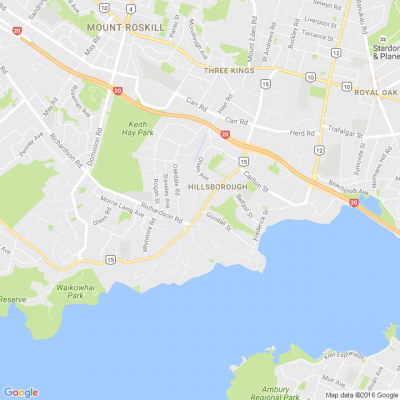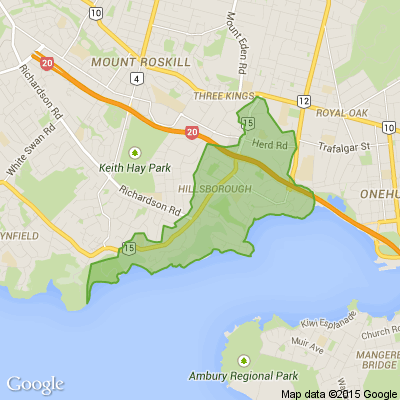Auckland Council has proposed a move from weekly to fortnightly kerbside rubbish collections along with other measures in order to move closer to a zero-waste target by 2040.
The draft Waste Management and Minimisation Plan 2024 (WWMP 2024) includes proposals to increase options to re-use, repair or re-purpose items and advocate for a rethink on how they are designed to extend their life span.
It also includes the targeting of construction and demolition waste, organic, plastics, packaging, textiles and biosolids, addressing litter and illegal dumping, and speeding up minimisation of waste generated by Auckland Council.
The draft WWMP 2024 outlines the "next important steps" to reduce waste and emissions, and cleaning up Auckland's waterways and environment, said chair of the planning, environment and parks committee Richard Hills.
"It builds on previous work undertaken by Auckland Council by doing more to keep resources in circulation and minimise harm caused by waste, while creating jobs and boosting the economy."
1.5 million tonnes of waste a year goes to landfill a year in Auckland, enough to fill Eden Park on a weekly basis. Without changes, this is expected to rise to at least 1.7 million tonnes annually by 2040.
Hills said that Aucklanders have shown their willingness to make changes toward a circular economy, acknowledging the efforts of young people in demanding action.
"Despite ambitious targets, we have seen steady progress in moving Tāmaki Makaurau towards this goal over the past decade, but it’s clear we can do more."
Auckland Council is also seeking feedback on a separate draft waste plan for the Hauraki Gulf Islands, which have their own unique waste management needs and challenges.
Aucklanders have until March 28 to have their say on the draft Waste Management and Minimisation Plan (WMMP) 2024 and the Draft Hauraki Gulf Islands Waste Plan 2024.
============================================
www.1news.co.nz...
=============================================
Poll: 🤖 What skills do you think give a CV the ultimate edge in a robot-filled workplace?
The Reserve Bank has shared some pretty blunt advice: there’s no such thing as a “safe” job anymore 🛟😑
Robots are stepping into repetitive roles in factories, plants and warehouses. AI is taking care of the admin tasks that once filled many mid-level office jobs.
We want to know: As the world evolves, what skills do you think give a CV the ultimate edge in a robot-filled workplace?
Want to read more? The Press has you covered!

-
53.7% Human-centred experience and communication
-
14.6% Critical thinking
-
29.1% Resilience and adaptability
-
2.6% Other - I will share below!
Poll: Should complete designs be shared with the public, or should the community help shape the designs from the start?
The Post recently shared an opinion piece on the Harbour Crossing and why a more democratic approach might be needed 🚗🚲👟
While most decisions sit within the political arena, many organisations—like NZTA—manage long-term projects that go beyond party lines. Politics can sometimes disrupt progress, and the next Harbour Crossing is a big decision that will affect all Aucklanders.
We’d love your thoughts: Should near-complete, shovel-ready designs be shared with the public, or should the community have a hand in shaping the designs from the start?

-
81.3% Community feedback and transparency is needed.
-
18.7% No. This would be impossible in practice.








 Loading…
Loading…